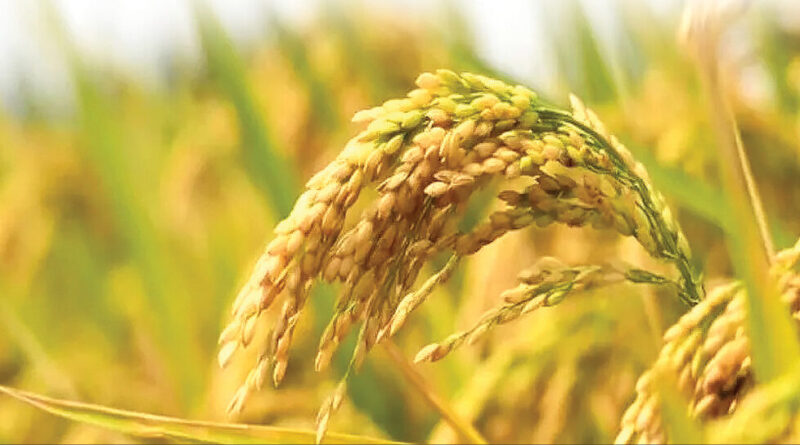Extended dry spell, paddy transplantation put extra burden on groundwater resources in Punjab, Haryana
By Neeraj Mohan
The start of paddy transplantation in Punjab and Haryana has been marked by an extended dry spell and significantly lower than normal rainfall in May and June, thus raising concerns about increased pressure on groundwater resources.
Transplantation of paddy saplings has begun in six districts of Punjab on June 11, and is set to commence in Haryana From June 15. But the transplantation in Haryana’s Karnal region, which is known for growing early maturing varieties is already on full swing.
According to the India Meteorological Department (IMD), Punjab received only 2.6mm of rainfall in June, 84 per cent less than the normal 16.2mm. Haryana fared similarly, with only 1.9mm of rainfall, 88 per cent below the normal 15.8mm.
In May, Punjab saw just 1.9mm of rainfall, 87 per cent lower than the usual 14mm, while Haryana reported 4.2mm, 71 per cent less than the average 14.3mm.
The lack of rain has forced farmers to rely heavily on groundwater to sustain their paddy nurseries and crops as daytime temperature hovers above 40 degrees Celsius.
Jaswant Singh, Director, Agriculture Department, Punjab, said, “As of now, transplantation is only allowed in Muktsar, Faridkot, Bathinda, Mansa, Fazilka and Ferozepur as farmers have access to canal water. Additionally, there is a ban on the PUSA-44 variety. Farmers have been advised to adopt the early maturing PR-126 variety, which consumes less water.”
Despite the current challenges, officials remain hopeful for the arrival of pre-monsoon or monsoon showers by the end of the month, coinciding with the start of transplantation in the remaining 17 districts on June 20. The IMD has recommended farmers to apply light and frequent irrigation to standing crops to mitigate heat stress.
Dr Virender Singh Lather, ex-Principal Scientist, ICAR-IARI New Delhi, said groundwater-intensive paddy crop, which is the main Kharif crop in Punjab and Haryana, is cultivated on approximately 32 lakh and 15.5 lakh hectares, respectively.
“This early transplantation may exacerbate groundwater depletion and strain power supply. To conserve groundwater, the government should promote Direct Seeded Rice (DSR) with incentives and enforce a ban on paddy transplantation before June 30 under the ‘Preservation of Subsoil Water Act-2009’, as monsoon typically arrives in the last week of June in these states,” he added.
This article has been republished from The Times of India.

